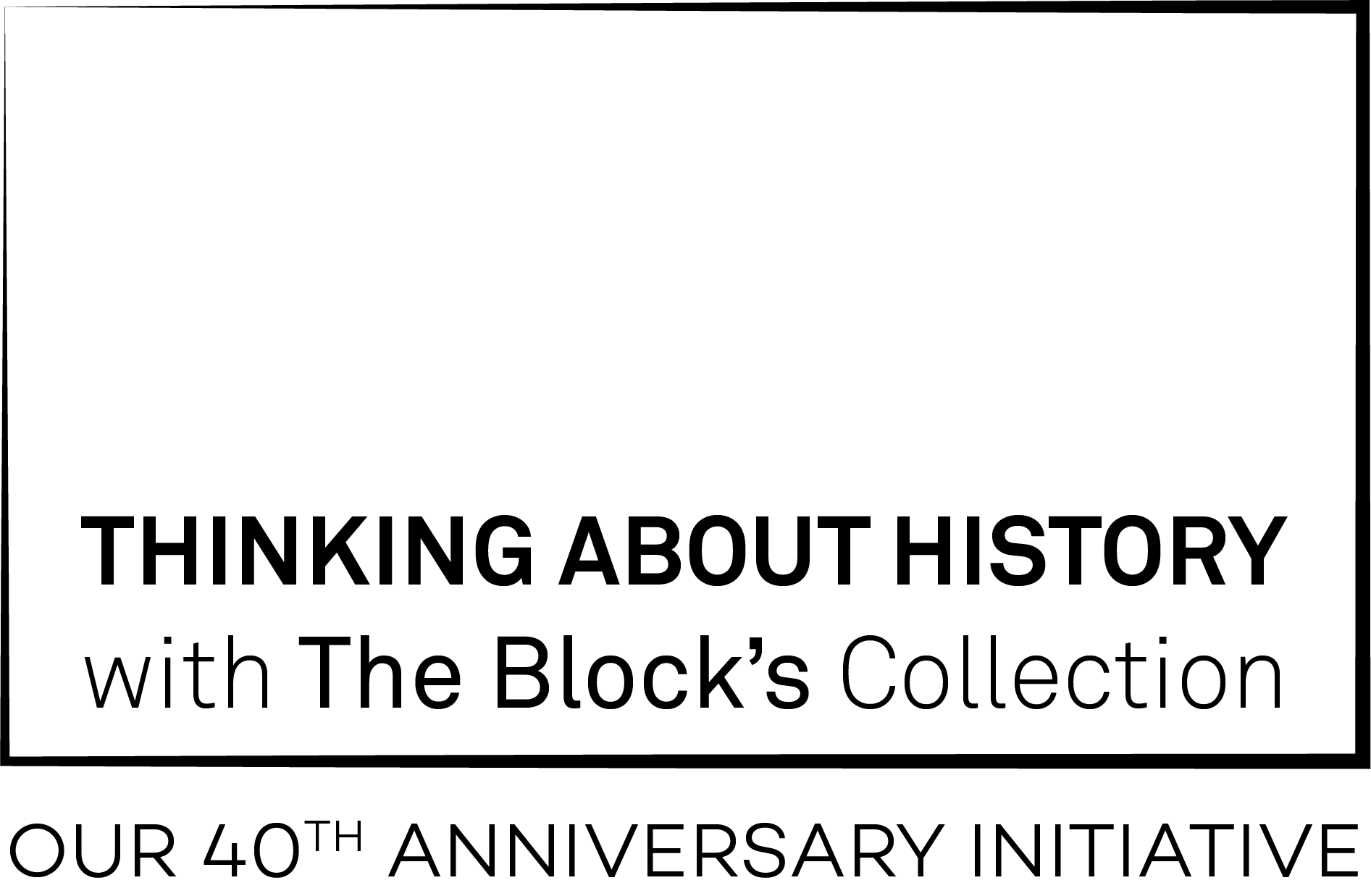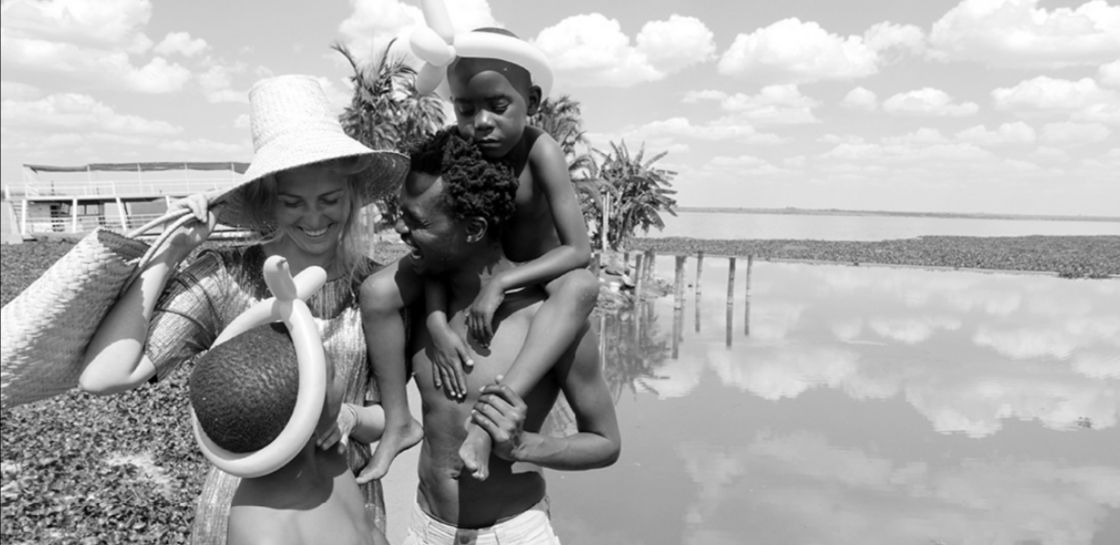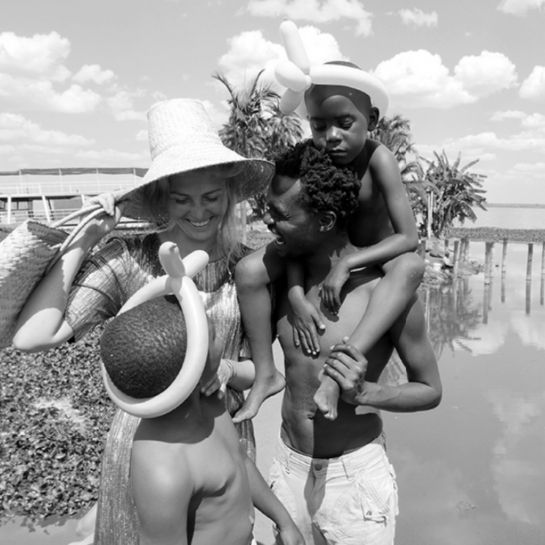Cloudless Blue Egress of Summer, a two-channel video installation by the artist Sky Hopinka (Ho-Chunk/Pechanga, born 1984, Ferndale, WA), offers an immersive and elusive reckoning with histories of colonial violence and Indigenous resistance. The thirteen-minute work examines the history of the Castillo de San Marcos, the oldest fort in the continental United States. Finished in 1695, the structure was known as Fort Marion when it held Native Americans captive throughout the Seminole Wars of the 19th century. In the 1870s, Cheyenne, Kiowa, Comanche, Arapaho, and Caddo Indian prisoners were transported to the fort, where prison supervisor Richard Henry Pratt developed educational techniques designed to “Americanize” his captives. The U.S. boarding school system that grew out of these experiments imposed a regime of compulsory assimilation on generations of Indigenous children, a practice of cultural genocide that intentionally divided families and deprived communities of their linguistic and cultural heritage.
Hopinka juxtaposes his own footage of the fort, now a national monument and museum, with images from an archive of prisoners’ ledger drawings, which depict Native life and Indigenous peoples of the Great Plains, Canadian Prairies, Northwest Plateau and Great Basin in ledger books commonly available from the 1860s to the 1920s. Texts also appear on screen and in the video’s accompanying soundtrack. One of the most striking accounts describes a daring prison escape drawn from the recollections of Seminole Chief Coacoochee, whose captivity at the fort in 1837 ended when he and nineteen other Seminole captives fasted for days in order to slip through the bars of their cells. As strands of sound, text, and image intersect across the two screens, Hopinka plays with the friction between them, asking the viewer to absorb narratives that evade the conventions of linear history. These juxtapositions expose the challenge of reconstructing the past from the incomplete fragments left behind in the archives of the colonizer. While pointedly addressing a traumatic legacy, Hopinka also uses the expressive possibilities of the digital image to open up new spaces of historical imagination, where unjust edifices dissolve to expose glimpses of breathtaking beauty and tranquility across an expansive canvas.
About the artist
Sky Hopinka is a member of the Ho-Chunk Nation and a descendant of the Pechanga Band of Luiseño Indians. In 2019 he was a fellow at Harvard’s Radcliffe Institute for Advanced Study and at the Sundance Institute. His work has been featured in festivals and exhibitions at the ImagineNATIVE Media + Arts Festival, Ann Arbor Film Festival, Sundance, LACE, the Whitney Biennial, and the Front Triennial. Hopkina studied and taught chinuk wawa, a language indigenous to the Lower Columbia River Basin. He received his BA from Portland State University in Liberal Arts and his MFA in Film, Video, Animation, and New Genres from the University Wisconsin-Milwaukee. He currently serves as the assistant professor in film production at Simon Fraser University in Vancouver, B.C.
 This exhibition is presented as part of Thinking about History with The Block's Collection. This year-long initiative marks The Block Museum of Art's 40th anniversary with projects, programs, and events that use the museum's evolving collection as a springboard for thinking about history.
This exhibition is presented as part of Thinking about History with The Block's Collection. This year-long initiative marks The Block Museum of Art's 40th anniversary with projects, programs, and events that use the museum's evolving collection as a springboard for thinking about history.

